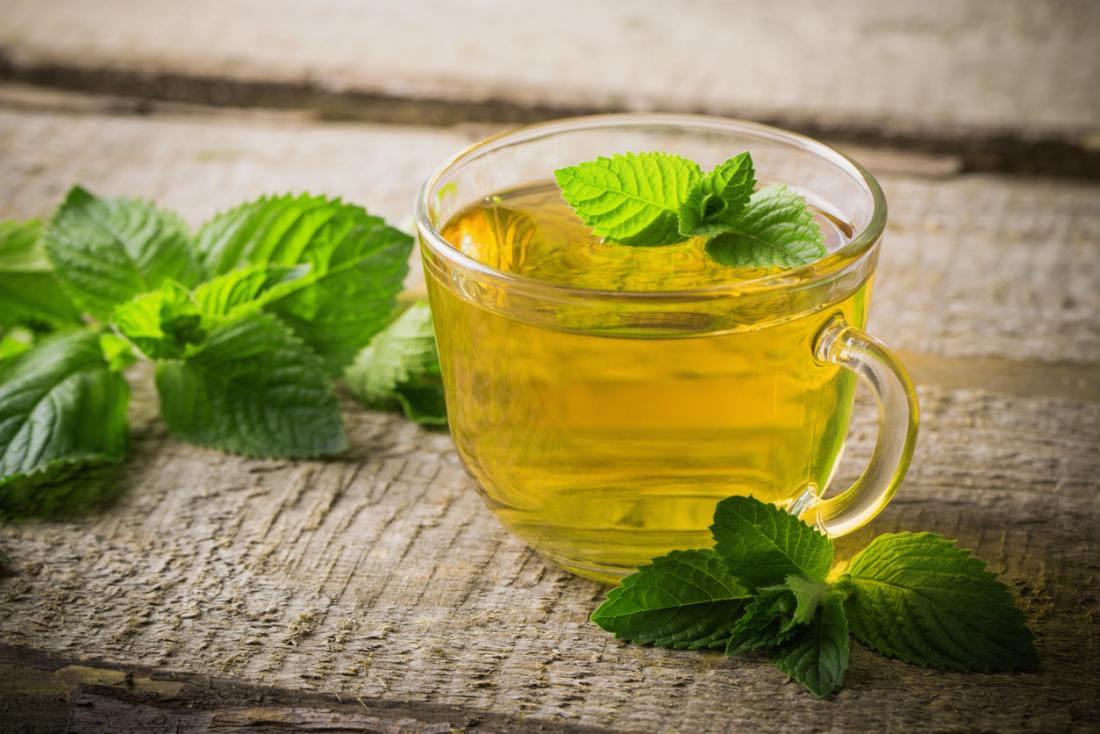A toothache can be excruciatingly painful. A toothache typically points to something more seriously wrong with your teeth, gums or jaw. Symptoms can last for several days.
When a toothache occurs during the weekend, and your dentist isn’t available, you can relieve the pain with the help of these soothing remedies, approved by dental experts.
Warm Saltwater Mouthwash
Gargling saltwater mouthwash is a proven method for relieving the agony of a toothache. The salt draws out tissue fluids and reduces inflammation that causes pressure on the nerves. Warm the water in an 8-ounce glass, and then dissolve a half teaspoon of salt into it. Gargle this rinse in your mouth two to three times a day for 30 seconds at a time. This will help to remove excess bacteria from your mouth, and thereby lower the chance of an infection.
Ice Packs
The use of ice packs or cold compresses will help reduce dental pain and swelling by narrowing blood vessels and reducing swelling, pain and inflammation. Apply it to the face nearest to the affected area for three to five minutes at a time.
Peppermint
Peppermint is a natural ingredient that has anti-inflammatory and antibacterial properties that relieve toothaches. Peppermint contains menthol, an antibacterial ingredient that has soothing, cooling properties. Adding four drops in a cup of tea, on a cotton ball or directly on an infected area in the mouth will create a slightly numbing, cooling effect.
Peppermint Tea Recipe
Boil one cup of water with one teaspoon of peppermint leaves for 15 minutes. Let the mixture sit after taking it off the stove, to enhance the taste. Once cool, you will be able to gargle and discard it or drink it. If you decide to add the peppermint to a black tea, you can alternatively take the bag and place it against the tooth for two to three minutes to reduce the pain and soreness further.
Peroxide Rinse
Peroxide van be found in almost any home, since it is so multi-purposeful. While most people think of hydrogen peroxide as a topical ingredient, many dentists tell patients to gargle with it to reduce swelling and pain. Peroxide should not be swallowed, so precautions must be taken to ensure anyone who uses it as a rinse doesn’t swallow it, and spits it out carefully. Take one cap-ful of peroxide and mix it with water before gargling. Swish it around in your mouth and rinse thoroughly.
Tip: To neutralize the bacteria causing an infection, add baking soda to the peroxide when brushing your teeth to relieve tooth pain and swelling. You can mix 1 teaspoon of peroxide, 1 teaspoon of baking soda and a small amount of toothpaste to make a natural paste that will cure tooth problems temporarily.
Essential Oils
Other than pain relievers, a go-to source for relief is natural or essential oils. Some oils have antibacterial and anti-inflammatory properties that help relieve pain and inflammation. Here are a few examples of benefits offered by different oils:
- Coconut oils offer antimicrobial properties that help fight against tooth decay. Coconut oil is edible, so you don’t have to worry about unintentionally swallowing it.
- Clove oil is also a natural remedy for tooth pain since it has antibacterial properties and anesthetic healing ingredients that reduce inflammation prevent the infection from spreading.
- Tea tree oil is known for reducing unhealthy bacteria in the mouth. Tea tree oil has antimicrobial properties that reduce pain and swelling. As it is harmful when swallowed; you want to take extra safety precautions when using tea tree oil.
- Oregano oil has antimicrobial properties. It also helps users reduce pain, and provides temporary relief because of its numbing effects. It is a very safe home remedy.
Oral Care Topical Ointments
A proven at-home remedy for pain and inflammation is over-the-counter (OTC) topical ointments, creams and gels. OTC products are often useful for both adults and children, and they generally work well until you can get in to see a dentist. The most common oral care products that have proven records include items from Orajel, Safetec and Dentek.
Kitchen Spices
You would be surprised at how many kitchen spices are medicinal. They have been used throughout history and make great alternatives to medicine!
- Garlic contains allicin, so it works as an antibacterial healing component.
- Thyme has thymol and is anti-fungal and antiseptic. As a natural ingredient, it is ideal for tooth pain home remedies. Down it with water or dab a bit on a cotton swab press the swab against your gums.
- Cloves are also antibacterial and anti-inflammatory, which will help with swollen gums, infections and pain when added against the infected area for 15 to 30 minutes. Cloves, either dried or made into an oil or paste, contain an ingredient called eugenol that works as an anesthetic to reduce tooth and gum issues.
Aloe Vera
Aloe Vera has been touted for its medicinal highlights as it contains antibacterial properties that can be used to treat tooth decay, cuts, burns and inflammation. It also has soothing properties, so your teeth and gums can benefit greatly from its use. Cut the aloe plant leaves and remove the aloe. Apply it to your mouth by massaging it into the gums.
Apple Cider Vinegar
Swishing two to three teaspoons of apple cider vinegar in your mouth will reduce bacteria and tooth infection. It can also get rid of tooth pain and inflammation. Once you gargle with it, spit it out and rinse your mouth thoroughly. Repeating the process a couple of times every day will enhance your oral health and reduce the potential for toothaches.
By using any of these natural home remedies, you will help to reduce your toothache, bacteria and inflammation until you can see a dentist and get proper dental care and treatment.






